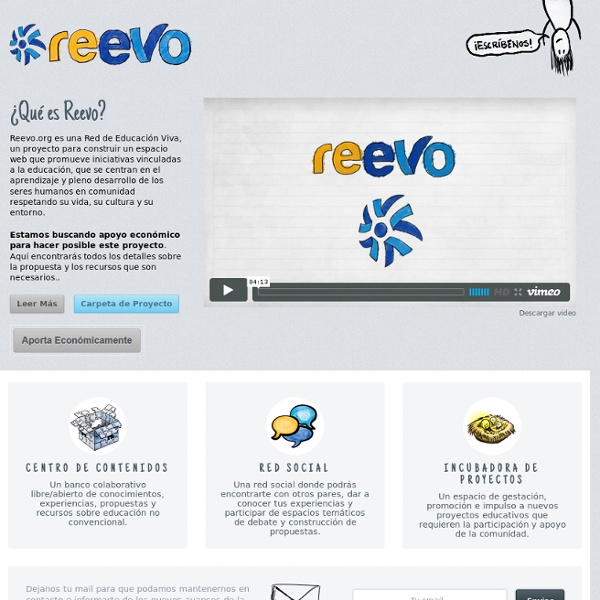



Green School Instituto de Tecnologías Educativas Portada\ Profesores\ Secundaria\ Ciencias de la Naturaleza Proyecto Newton. Por niveles educativos Es posible acceder al listado de asignaturas por niveles educativos: © Ministerio de Educación, Cultura y Deporte Instituto de Tecnologías Educativas Información general : webmaster@ite.educacion.es C/ Torrelaguna 58. 28027 Madrid - Tlf.: 913 778 300, Fax: 913 680 709. Demand the Impossible! El legado de Darwin | Darwin, presente y futuro Darwin, presente y futuro En 2009 se celebra el bicentenario del nacimiento de Charles Darwin y se conmemora el 150 aniversario de la publicación de “El origen de las especies”, libro donde explica y demuestra la teoría sobre la evolución de las especies. Darwin, que se consideraba a sí mismo como naturalista, nació el 12 de febrero de 1809 en Shrewsbury, y tras abandonar los estudios de Medicina y cursar Teología, realizó trabajos de campo de geología, lo que le permitió embarcarse en el H.M.S. En los cinco años que duró la aventura a bordo del Beagle, Darwin recolectó, observó e interpretó especies de flora, fauna y formaciones geológicas que constituyeron la base de su gran obra: El origen de las especies por medio de la selección natural, publicada en 1859 después de 20 años de una ardua investigación, y que revolucionó los cimientos de la ciencia y la religión al desmontar el Creacionismo. ¿Quieres conocer cómo serías en la prehistoria?
Research, sustainability and learning EXPERIENCIAS DE CIENCIAS EN EL IES LA COMA Teach C.R.E.A.T.E. Proyecto Biosfera El Universo, la Vía Láctea y el Sistema Solar. La observación del Universo: planetas, estrellas y galaxias. Evolución histórica del conocimiento del Universo. La Vía Láctea y el Sistema Solar. Características físicas de la Tierra y de los otros componentes del Sistema Solar. Proposal for MIT Global Environment Initiative seeks public comment As the world’s population continues to expand, our natural resources will become increasingly strained. In an effort to find sustainable solutions for the planet’s growing population while minimizing environmental impacts, MIT’s Environmental Research Council (ERC) has put forward a detailed implementation plan to establish a Global Environmental Initiative to complement the MIT Energy Initiative (MITEI). The interdisciplinary, faculty-led council presented the plan to the MIT community last Thursday in a forum held at the Kirsch Auditorium in the Stata Center. Council members outlined an initiative that would bring together MIT’s “core strengths” across campus to help solve the world’s pressing environmental challenges, from mitigating climate change to curbing contamination and maintaining fresh water supplies. In the areas of climate and oceans, MIT already has a strong foundation of interdisciplinary collaboration.
Inicio Biblioteca Digital Mundial Sustainable Development – Earth Charter Initiative Principle 14 of the Earth Charter emphasizes the importance of “Integrating into…education and life-long learning the knowledge, values, and skills needed for a sustainable way of life”. Education is fundamental to the mission of Earth Charter Initiative. ECI has therefore created the Earth Charter Center for Education for Sustainable Development at the University for Peace in Costa Rica. The Center deepens students’ and program participants’ understanding of sustainability vision and practice, and build the knowledge, skills, attitudes, and values they need to shape a sustainable future. To reinforce the legitimacy of the Earth Charter Center and the importance of its mission, a UNESCO Chair on Education for Sustainable Development and the Earth Charter was created as a collaborative effort between UNESCO, Earth Charter International, and the University for Peace. The Earth Charter Center for ESD: What is Education for Sustainable Development?
la enciclopedia libre